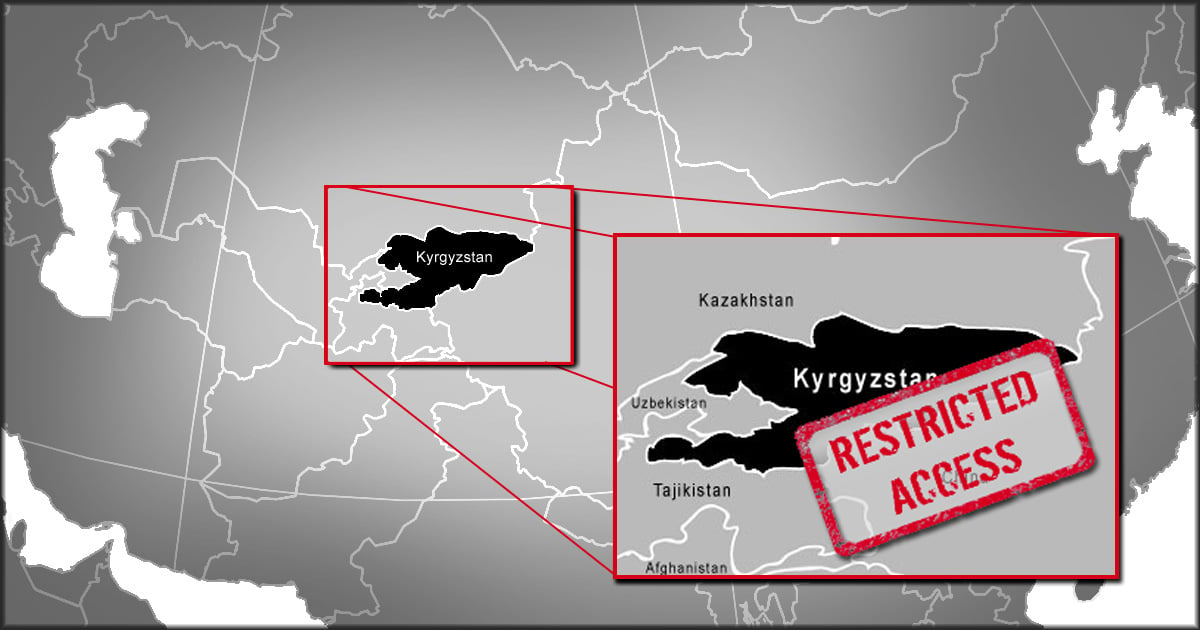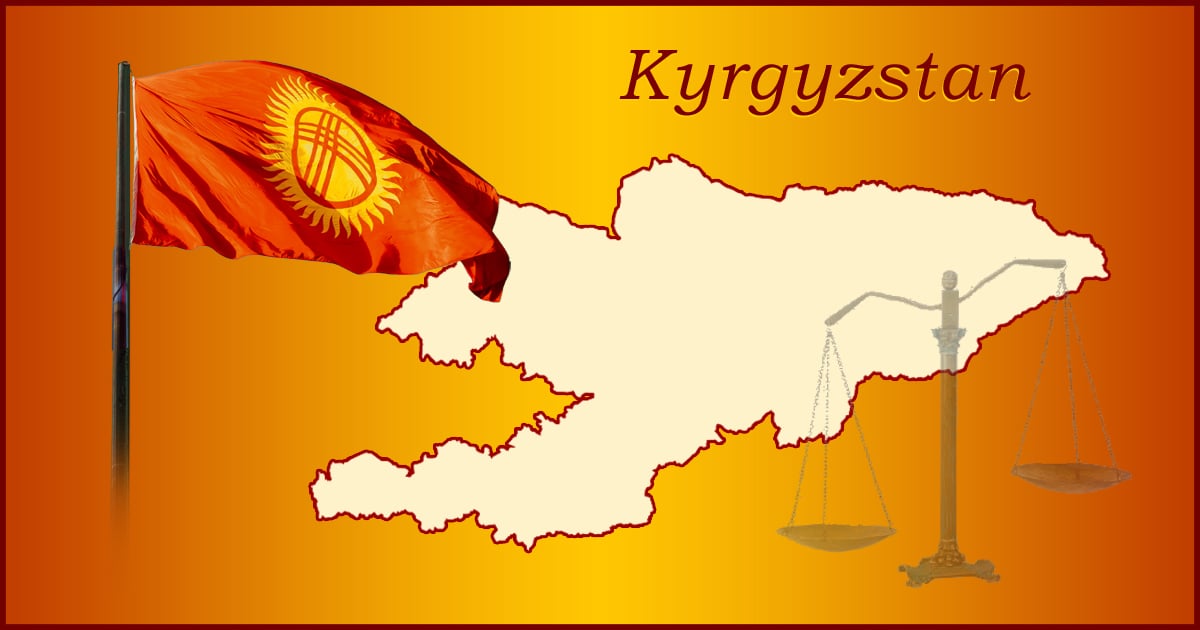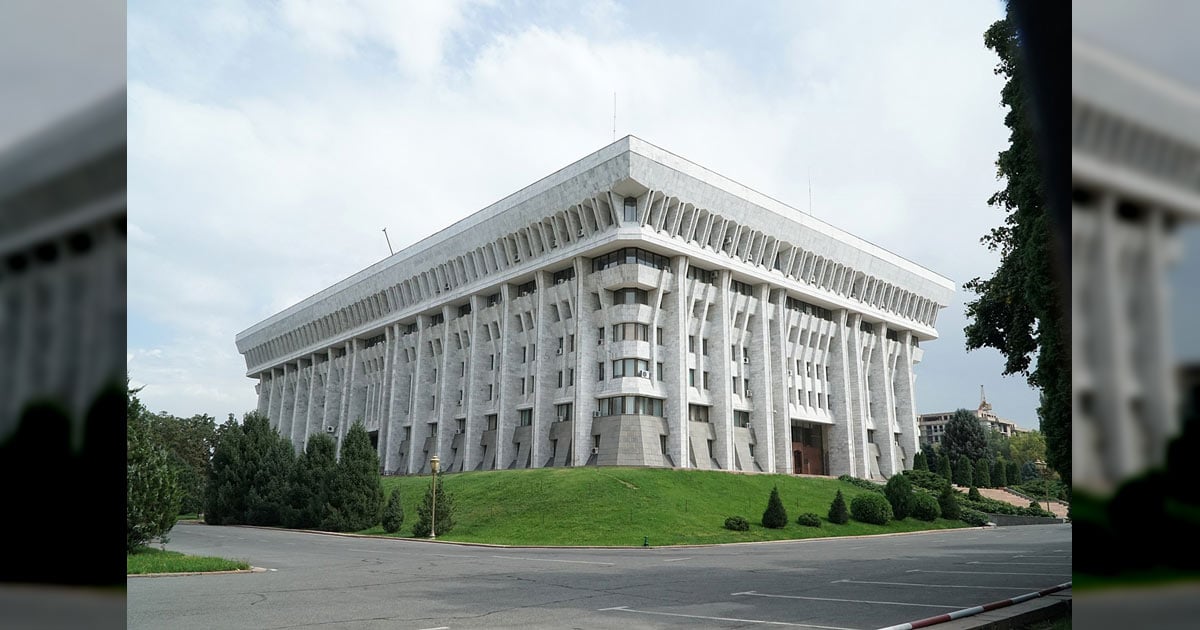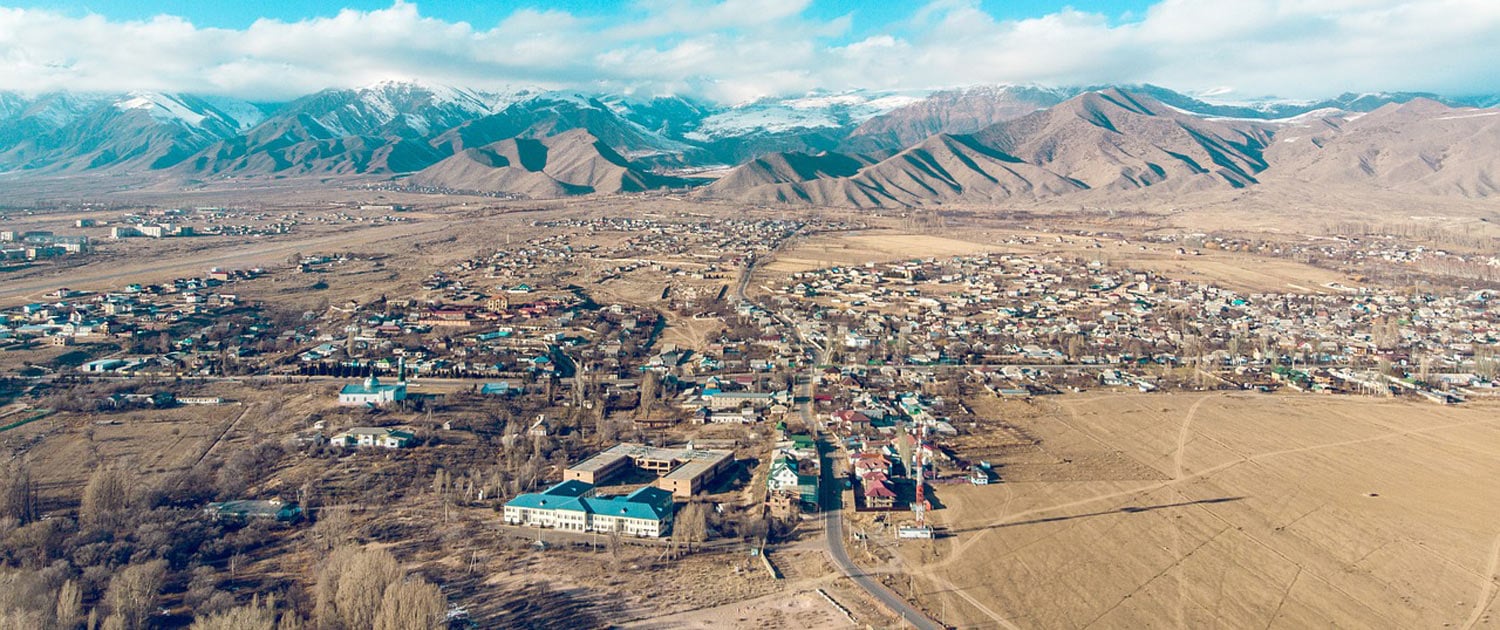
Kyrgyzstan
Kyrgyzstan, which became independent in 1991, is one of the poorest countries of the former Soviet Union. The government is threatened by social and political instability, with protests by various groups a daily occurrence. Northerners influenced by Russian culture practice Russian Orthodoxy, while the more traditionally Kyrgyz southerners practice mostly Sunni Islam. The constitution guarantees religious freedom, but converting to Christianity is seen as a betrayal of both ethnic identity and family. There is a growing interest in Islam, and tensions are increasing between the Uzbek and Kyrgyz ethnicities over land and housing.
Kyrgyzstan's laws promise to uphold religious freedom, but in practice these laws are not always followed. Believers face property destruction, intimidation, and physical harm on a regular basis. The 2009 Religion Law includes a ban on proselytism and the distribution of religious literature. Religious groups are required to re-register for legal status, and churches must now include more than 200 adult Kyrgyz citizens. Previously, only 10 were required. Officials in Kyrgyzstan have said they will close churches in an effort to pacify the Muslim majority.
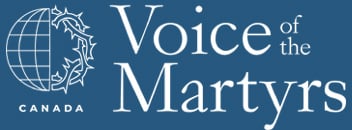
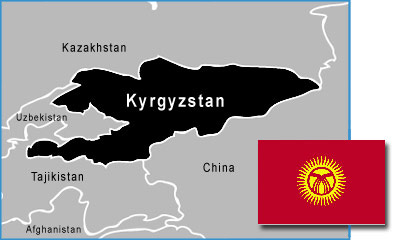 Population
Population